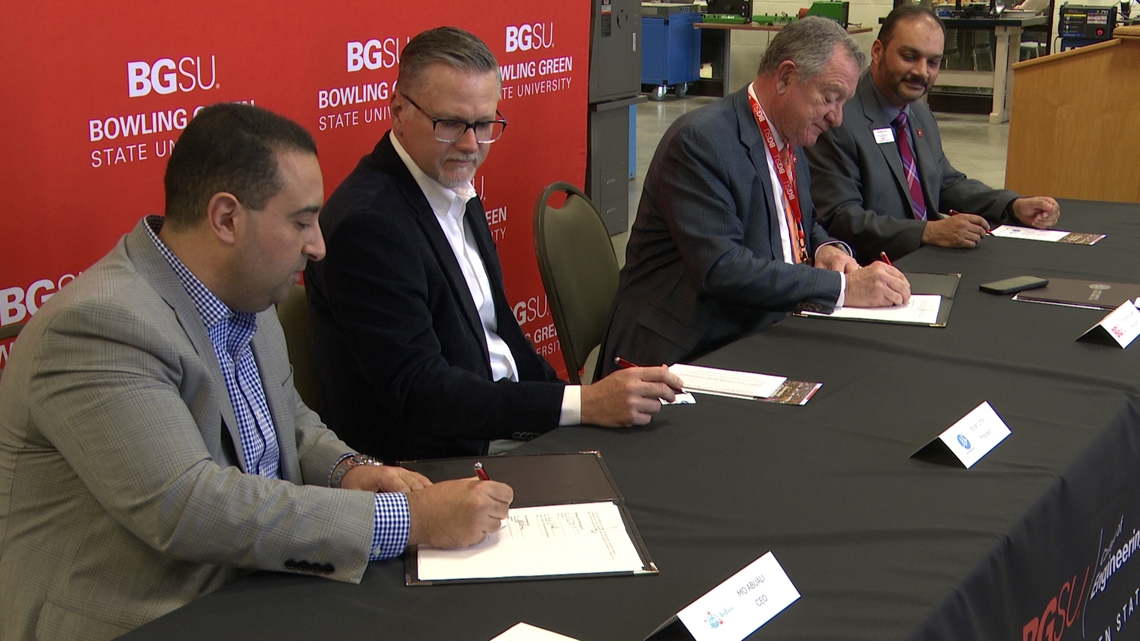Vanishing Act: How Employers Are Leaving Job Seekers in the Dark
Companies
2025-04-08 19:34:58Content

The Silent Treatment: How Employer Ghosting is Impacting Job Seekers
In a startling revelation from the 2025 Candidate Experience Report by Criteria Corp., nearly half of job seekers are experiencing a frustrating trend in modern recruitment: employer ghosting. The study found that a staggering 48 percent of job applicants have been left in professional limbo, with employers failing to provide any follow-up or closure after the application process.
This growing phenomenon goes beyond mere inconvenience. When employers disappear without communication, they not only damage their professional reputation but also create significant emotional and professional uncertainty for job seekers. Candidates are left wondering about their application status, potential opportunities, and professional worth.
The implications of this trend extend far beyond individual experiences. It reflects a broader shift in workplace communication and respect for potential employees, highlighting the need for more transparent and considerate hiring practices in today's competitive job market.
The Silent Treatment: How Job Seekers Are Left in the Dark by Employers
In the ever-evolving landscape of professional recruitment, a disturbing trend has emerged that is reshaping the relationship between job seekers and potential employers. The traditional hiring process, once characterized by mutual respect and professional courtesy, has transformed into a complex and often impersonal experience that leaves countless talented professionals feeling frustrated and undervalued.Uncover the Shocking Truth Behind Modern Hiring Practices
The Ghosting Epidemic in Professional Recruitment
The contemporary job market has witnessed a profound transformation in communication dynamics between employers and job candidates. What was once considered a fundamental aspect of professional etiquette—providing timely feedback and maintaining transparent communication—has now devolved into a widespread phenomenon of systematic candidate abandonment. Employers are increasingly adopting a hands-off approach, leaving job seekers in a state of perpetual uncertainty. Psychological research suggests that this communication breakdown has significant implications for professional morale and mental well-being. Candidates who experience prolonged silence after investing considerable time and energy into application processes report heightened levels of anxiety, diminished self-confidence, and a growing sense of professional disillusionment.Technological Disruption and Human Connection
The rise of digital recruitment platforms has paradoxically contributed to the depersonalization of hiring processes. Automated screening systems, algorithmic filtering, and AI-driven candidate evaluation mechanisms have created an emotional disconnect between employers and potential employees. While these technologies promise efficiency, they simultaneously erode the human element that traditionally characterized professional interactions. Modern recruitment technologies, despite their sophisticated algorithms, often fail to capture the nuanced human qualities that cannot be quantified through standardized metrics. This technological intermediation has transformed job applications from personal exchanges into transactional interactions, where candidates are reduced to mere data points rather than unique professional entities.Economic and Psychological Consequences of Professional Ghosting
The ramifications of employer ghosting extend far beyond individual disappointment. From an economic perspective, this practice contributes to decreased workforce morale, reduced productivity, and potential talent drain. Professionals who consistently experience dismissive treatment are more likely to develop negative perceptions of entire industries, potentially leading to long-term recruitment challenges. Psychological studies indicate that repeated experiences of professional rejection can trigger complex emotional responses, including diminished self-esteem, increased stress levels, and potential career disengagement. The cumulative impact of these experiences can fundamentally alter an individual's approach to professional development and career progression.Navigating the Modern Recruitment Landscape
For job seekers confronting this challenging environment, strategic adaptation becomes crucial. Developing resilience, maintaining professional networks, and cultivating diverse skill sets can help mitigate the potential negative impacts of inconsistent employer communication. Professionals must view each application as an opportunity for growth, regardless of immediate outcomes. Emerging professional communities and support networks are increasingly advocating for more transparent and respectful hiring practices. By sharing experiences, creating awareness, and demanding accountability, these collective efforts aim to reshape the fundamental dynamics of professional recruitment.Ethical Considerations and Future Implications
The persistent trend of professional ghosting raises critical ethical questions about organizational responsibility and human dignity in the workplace. As the job market continues to evolve, employers must recognize that every interaction represents an opportunity to build meaningful professional relationships. Forward-thinking organizations are beginning to understand that candidate experience is not merely a peripheral concern but a fundamental aspect of their broader employer branding strategy. By prioritizing transparent communication and genuine engagement, companies can differentiate themselves in an increasingly competitive talent marketplace.RELATED NEWS

AI Future Unleashed: BGSU Partners with Ohio Tech Titans to Revolutionize Computer Science Education







